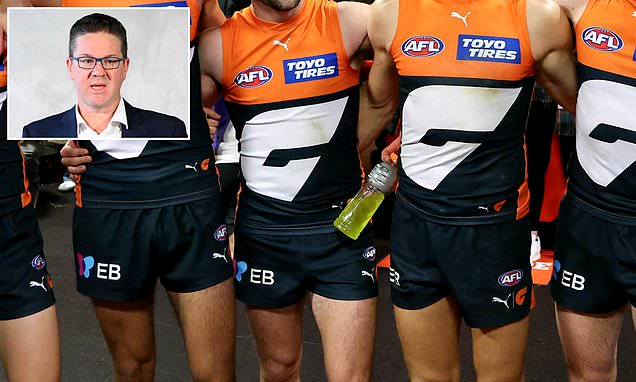The AFL has long integrated educational workshops to guide players on professional conduct and appropriate behavior. However, AFL Players’ Association (AFLPA) boss Paul Marsh recently expressed concerns that these sessions may be falling short, with players reportedly struggling to stay attentive during meetings. He argues that mandatory workshops alone aren’t effectively resonating with players, especially as incidents of unsportsmanlike conduct have continued to surface. Marsh is advocating for a more impactful approach, stressing the need for alternative methods to help ensure that behavioral standards are not only communicated but also absorbed by players.
Marsh’s concerns stem from recent controversies, including penalties faced by GWS players due to misconduct at an end-of-season event. He criticized the current disciplinary measures as inconsistent and ambiguous, noting that without a structured framework, players face unpredictable sanctions. According to Marsh, the existing system, which he describes as “judge, jury, and executioner,” creates confusion for players who might face harsher punishments for similar infractions over time. He believes that establishing clear, guideline-based sanctions for off-field behavior would bring much-needed clarity to the process.
Reflecting on past measures, Marsh pointed to the disciplinary structure used during the AFL’s COVID-19 protocols as a successful example of consistent enforcement. During those seasons, players who violated quarantine rules faced clearly defined consequences, which he believes could be a model for addressing misconduct more broadly. By adopting a similar framework, the AFL could foster a greater sense of accountability and transparency within its ranks, allowing players to understand precisely the repercussions of their actions.
In response to criticisms that players already receive extensive training on respect and inclusivity, Marsh acknowledged that the AFL’s orientation programs are well-intentioned but may be overwhelming. Many young athletes enter the league with limited life experience and are expected to process significant amounts of information from coaches, club representatives, and the AFLPA. Marsh emphasized that, for some players, the sheer volume of content may hinder their ability to fully absorb these teachings, with some even “falling asleep” during sessions. He believes a more engaging and streamlined educational process could make a meaningful difference.
Ultimately, Marsh is pushing for a reformative shift in both the educational approach and disciplinary framework. By combining clearer guidelines for punishment with a more effective educational strategy, he hopes the league can create an environment where players not only understand but embody the principles of professionalism expected of them. This would mark a progressive step toward fostering a respectful, responsible, and disciplined culture within the AFL.

